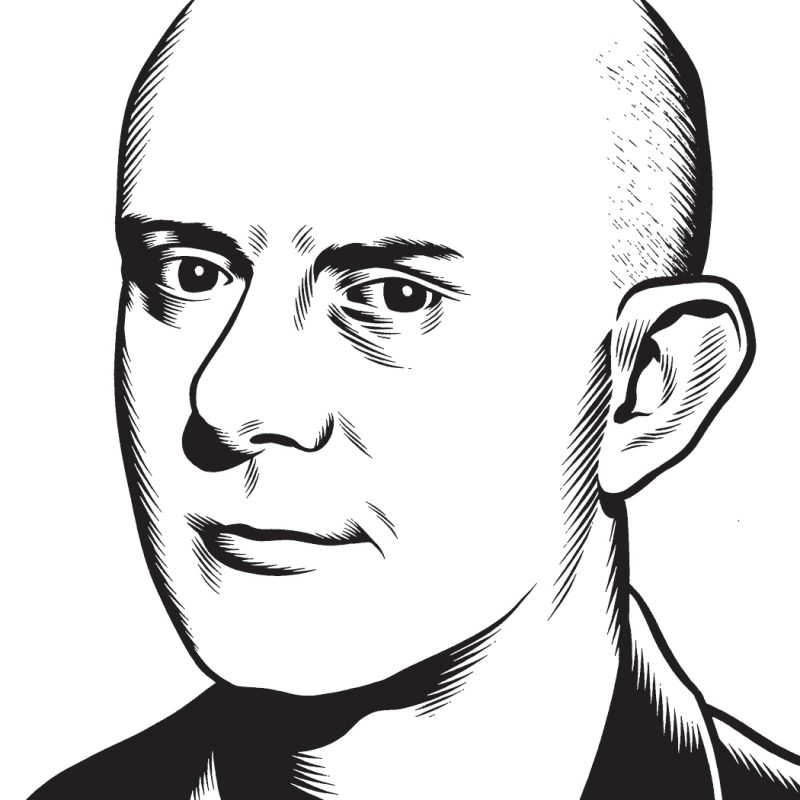BOOKS BOUGHT:
- Carole King—A Natural Woman
- Tom Franklin—Crooked Letter, Crooked Letter
- Jeanne Darst—Fiction Ruined My Family
- Felicity Kendal—White Cargo
- Jess Walter—Don’t Eat Cat
- Ann Patchett—The Getaway Car
- Buzz Bissinger—After Friday Night Lights
BOOKS READ:
- Tom Franklin—Crooked Letter, Crooked Letter
- Megan Abbott—Dare Me
- Stephen Amidon—Something Like the Gods: A Cultural History of the Athlete from Achilles to LeBron
- Barbara Trapido—Brother of the More Famous Jack
- Jess Walter—Don’t Eat Cat
How are writers going to make a living in ten, twenty, fifty years’ time? If you’re a writer (or a publisher, or an agent, or a critic, or maybe even a reader), then this question may have occurred to you. Conversations I’ve been having with people recently, people whose job it is to try and make sense of what’s happening out there, are alarming: bookstores are closing all over the place, and even the big chains are unlikely to survive in their current form for much longer; publishers are slashing advances; books by first-time authors that don’t sell in hardback are being offered an extended life in e-book rather than in paperback. Nobody knows how long our current publishing culture will last, but some very clever observers foresee profound change over the next five years, leaving us with very little that any of us, however old we are, will be able to recognize. The work of art that I keep thinking about in relation to all this is the 1951 Ealing Studios comedy The Man in the White Suit, starring Alec Guinness. Guinness plays a man who invents a material that never wears out and never gets dirty, to the horror of both the textile manufacturers and the unions. I haven’t seen the movie for a long time, but I seem to recall that we’re supposed to side with Guinness’s character, the little man who’s invented something for the benefit of humankind, and who has to battle the dark forces of vested interest. It’s hard to see it that way now, though, if you work in books or music or movies or TV. I now support the dark forces of vested interest. Yes, digitization has brought us convenience and portability and access, and saved us billions, because music and TV and films and, one day soon, books, are all free. But even so, I wish we’d at least talked about arresting the people who invented it, and maybe pulling out their tongues and cutting off their hands. I mean, I would have been against it, on balance. But I’d have listened...
You have reached your article limit
Sign up for a digital subscription and continue reading all new issues, plus our entire archives, for just $1.50/month.
Already a subscriber? Sign in






